Seven year old Sasha practices violin every day to satisfy the ambition of his parents. Already withdrawn as a result of his routines, Sasha quickly regains confidence when he accidentally […]
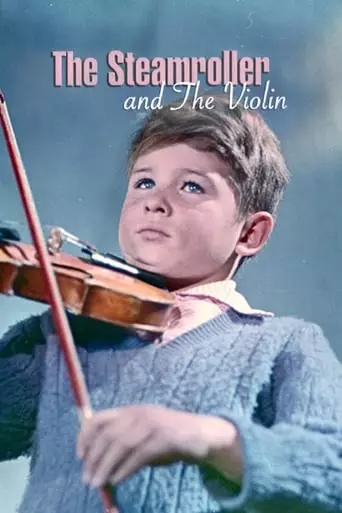
Seven year old Sasha practices violin every day to satisfy the ambition of his parents. Already withdrawn as a result of his routines, Sasha quickly regains confidence when he accidentally […]
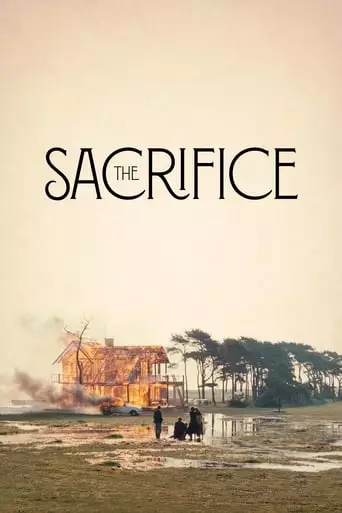
Alexander, a journalist, philosopher and retired actor, celebrates a birthday with friends and family when it is announced that nuclear war has begun. The Sacrifice is the final film by […]
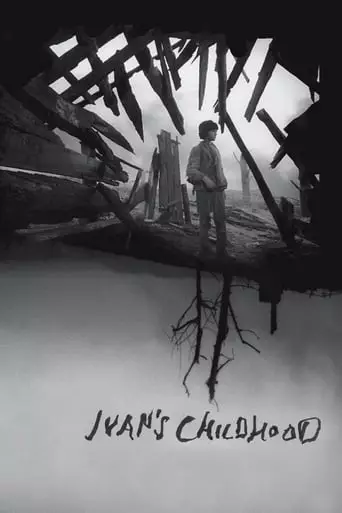
In WW2, twelve year old Soviet orphan Ivan Bondarev works for the Soviet army as a scout behind the German lines and strikes a friendship with three sympathetic Soviet officers.
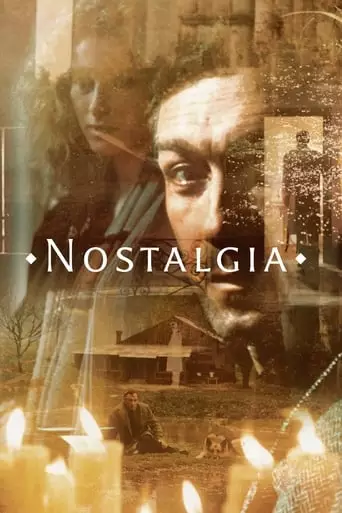
A Russian poet and his interpreter travel to Italy to research the life of an 18th-century composer.
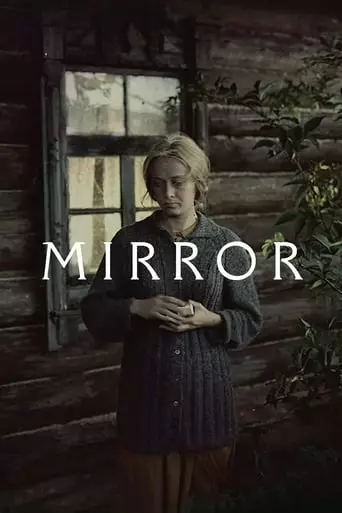
A dying man in his forties recalls his childhood, his mother, the war and personal moments that tell of and juxtapose pivotal moments in Soviet history with daily life. Andrei […]
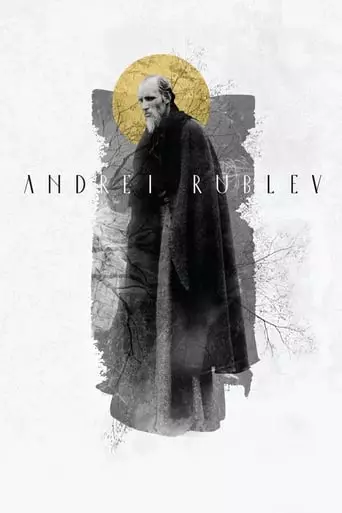
An expansive Russian drama, this film focuses on the life of revered religious icon painter Andrei Rublev. Drifting from place to place in a tumultuous era, the peace-seeking monk eventually […]
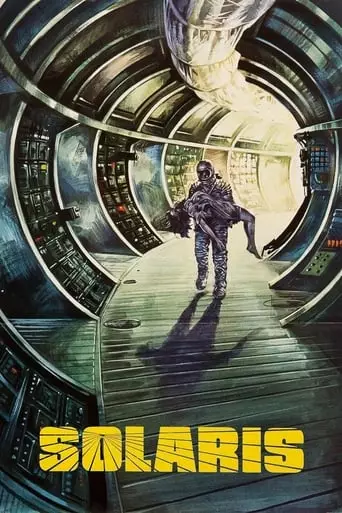
A psychologist is sent to a space station orbiting a planet called Solaris to investigate the death of a doctor and the mental problems of cosmonauts on the station. He […]
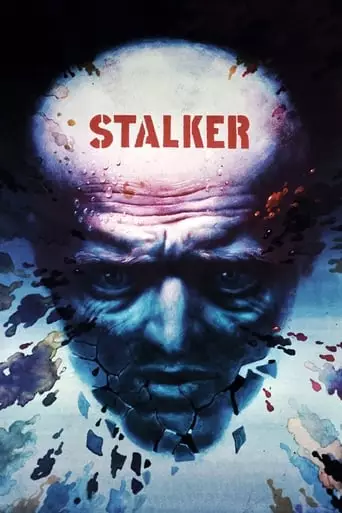
Near a gray and unnamed city is the Zone, a place guarded by barbed wire and soldiers, and where the normal laws of physics are victim to frequent anomalies. A […]
Andrei Tarkovsky: The Poet of Cinema
Andrei Tarkovsky, the Russian filmmaker and visionary artist, is celebrated as one of the greatest and most influential directors in the history of cinema. Known for his profound and philosophical approach to filmmaking, Tarkovsky created works that transcended conventional storytelling, transforming film into a meditative art form. His legacy is defined by a unique ability to explore the spiritual, emotional, and metaphysical dimensions of human existence.
Early Life and Artistic Roots
Born on April 4, 1932, in Zavrazhye, Russia, Tarkovsky was the son of a poet, Arseny Tarkovsky, and a literary translator, Maria Vishnyakova. The influence of his father’s poetic sensibilities can be seen throughout Tarkovsky’s films, which often resemble visual poems more than traditional narratives.
He studied filmmaking at the prestigious State Institute of Cinematography (VGIK) in Moscow, where he was mentored by Mikhail Romm. His student film The Steamroller and the Violin (1961) demonstrated an early mastery of visual storytelling and won awards, setting the stage for his groundbreaking career.
The Masterworks of Andrei Tarkovsky
Tarkovsky’s films are known for their deliberate pacing, long takes, and dreamlike imagery. These elements combined to create a cinematic style that invites introspection and challenges the audience to engage with deep philosophical questions.
Ivan’s Childhood (1962): Tarkovsky’s debut feature tells the story of a young boy’s experience during World War II. A poignant meditation on loss and innocence, the film established Tarkovsky’s reputation as a major new talent and won the Golden Lion at the Venice Film Festival.
Andrei Rublev (1966): This historical epic about a 15th-century Russian icon painter is a meditation on faith, creativity, and human suffering. The film, controversial in the Soviet Union for its depiction of religious themes, remains a towering achievement in world cinema.
Solaris (1972): An adaptation of Stanisław Lem’s science fiction novel, Solaris explores themes of memory, love, and the limits of human understanding. With its haunting visuals and emotional depth, the film is often regarded as Tarkovsky’s response to Stanley Kubrick’s 2001: A Space Odyssey.
Mirror (1975): One of Tarkovsky’s most personal works, Mirror is a fragmented, autobiographical exploration of memory, identity, and family. Its non-linear structure and poetic imagery make it a deeply introspective masterpiece.
Stalker (1979): Set in a mysterious, post-apocalyptic “Zone,” Stalker is a philosophical journey into the unknown. The film’s ambiguous narrative and evocative visuals have made it a subject of endless analysis and debate.
Nostalgia (1983): Tarkovsky’s first film made outside the Soviet Union, Nostalgia reflects themes of exile, longing, and spiritual disconnection. Its deliberate pacing and melancholic tone reflect the director’s own feelings of estrangement during his time in Italy.
The Sacrifice (1986): Tarkovsky’s final film, made in Sweden, is a profound meditation on faith, sacrifice, and redemption. Released shortly before his death, it serves as a fitting conclusion to a career dedicated to exploring the transcendent.
A Unique Cinematic Vision
Tarkovsky’s films are characterized by their deep spiritual and philosophical underpinnings. He believed cinema should not merely entertain but provide a space for contemplation and self-discovery.
His use of long takes, naturalistic sound design, and evocative imagery created a hypnotic effect, drawing viewers into a reflective state. Water, fire, and reflections frequently appear in his films, symbolizing purification, transformation, and the passage of time.
Unlike many directors, Tarkovsky rejected traditional storytelling conventions. Instead, he embraced a poetic structure that allowed for ambiguity and subjective interpretation. This approach made his films intellectually and emotionally challenging, yet profoundly rewarding for those willing to engage with them.
Challenges and Legacy
Tarkovsky faced numerous challenges throughout his career, including censorship and artistic restrictions in the Soviet Union. His commitment to exploring spiritual themes often clashed with the ideological demands of the state. Despite these obstacles, he remained true to his vision, creating works of enduring significance.
Tarkovsky’s influence extends far beyond his contemporaries. Directors such as Ingmar Bergman, Lars von Trier, Christopher Nolan, and Terrence Malick have cited him as an inspiration. His work continues to be studied and celebrated for its unparalleled contribution to the art of filmmaking.
Death and Enduring Impact
Andrei Tarkovsky died of lung cancer on December 29, 1986, at the age of 54. Though his life was cut tragically short, his films remain timeless, resonating with audiences across generations and cultures.
Conclusion
Andrei Tarkovsky’s legacy lies in his ability to elevate cinema to a spiritual and artistic realm. Through his poetic vision and philosophical depth, he redefined the medium, challenging audiences to confront the mysteries of existence and the search for meaning. In the pantheon of great filmmakers, Tarkovsky stands as a visionary whose work transcends the boundaries of time, culture, and language.